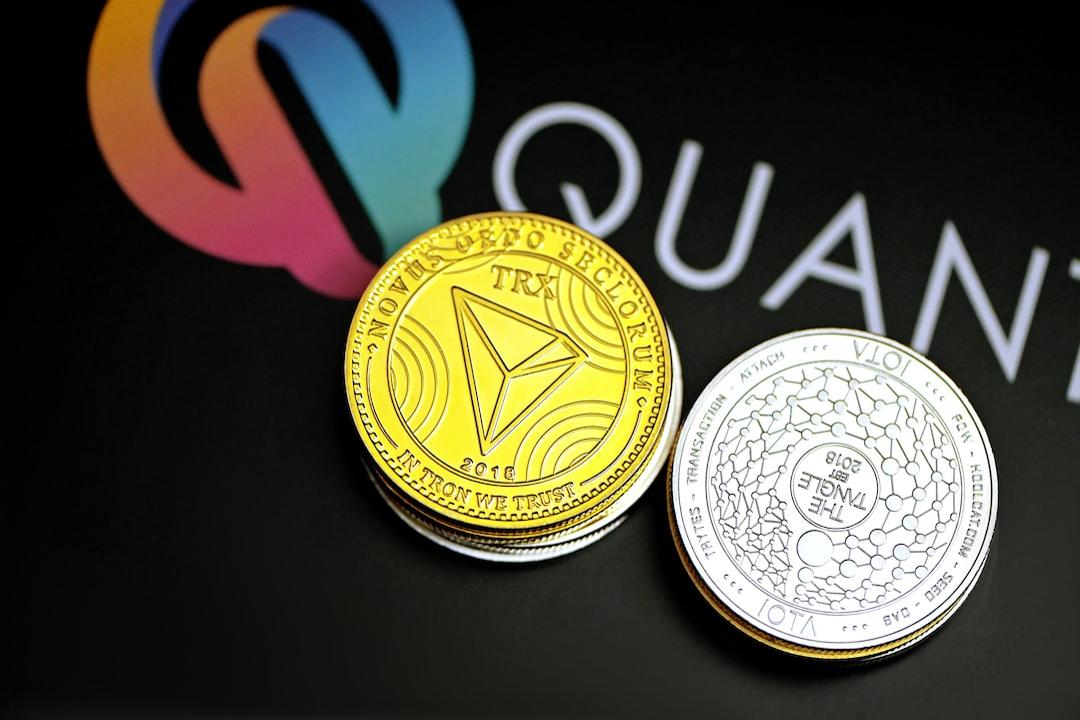The World Economic Forum (WEF) has reported a growing trend among US manufacturing firms to embrace the industrial metaverse as a solution to complex challenges in the production cycle. According to the WEF’s report published on March 12, 92% of manufacturing executives in the US are exploring ways to incorporate the metaverse into their companies. The report, which surveyed 100 of the largest companies across 10 industries, revealed that on average, each executive was investigating up to six different use cases. One of the driving factors behind this interest is the need for the industrial sector to adapt and respond to the impacts of the COVID-19 pandemic. Manufacturing companies are now seeking ways to accelerate production cycles, improve efficiency, and increase cost-effectiveness through predictive forecasting.
The report highlights how various companies are utilizing digital twin technology, which involves creating virtual models to represent physical objects. For example, Amazon is using the cloud services platform Nvidia Omniverse to run simulations that enhance warehouse design and robot workstations. Mercedes Benz is also leveraging the platform to design manufacturing assembly facilities. In a separate development, telecoms infrastructure firm Nokia has been using the metaverse in Australia to potentially assist Cessna aircraft technicians at remote airports.
The industrial metaverse offers a wide range of applications across the product life cycle, including pre-production, production, and post-production stages. These applications encompass tasks such as product and service design, process simulations, plant design and management, as well as product testing and quality assurance. The report identifies the information technology and vehicle manufacturing industries as leaders in the industrial metaverse sector, with automotive, energy, software and platforms, and aerospace and defense at the forefront of investment and activity.
However, the rise of generative artificial intelligence (AI) has raised concerns among some companies, leading to hesitancy in further investing in the industrial metaverse. The report notes that the assumption that generative AI has caused the metaverse to recede into the background has contributed to this decline.
While the metaverse has proven to increase efficiency in certain sectors, there are concerns about its potential negative impact on other industries, particularly the creative arts sector. Researchers in the United Kingdom have emphasized the need to develop approaches for addressing the enforcement and governance of intellectual property (IP) issues in the metaverse, as blockchain’s resistance to change or correction poses challenges in managing and updating IP rights.
In conclusion, the industrial metaverse is gaining traction in the manufacturing sector as companies seek solutions to complex challenges. While there are concerns and hesitancy in some areas, the potential benefits of the metaverse in improving efficiency and driving innovation cannot be overlooked.

